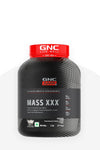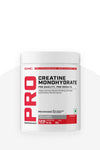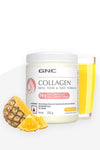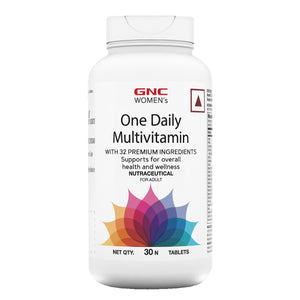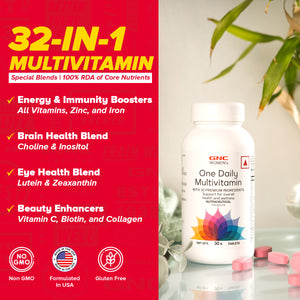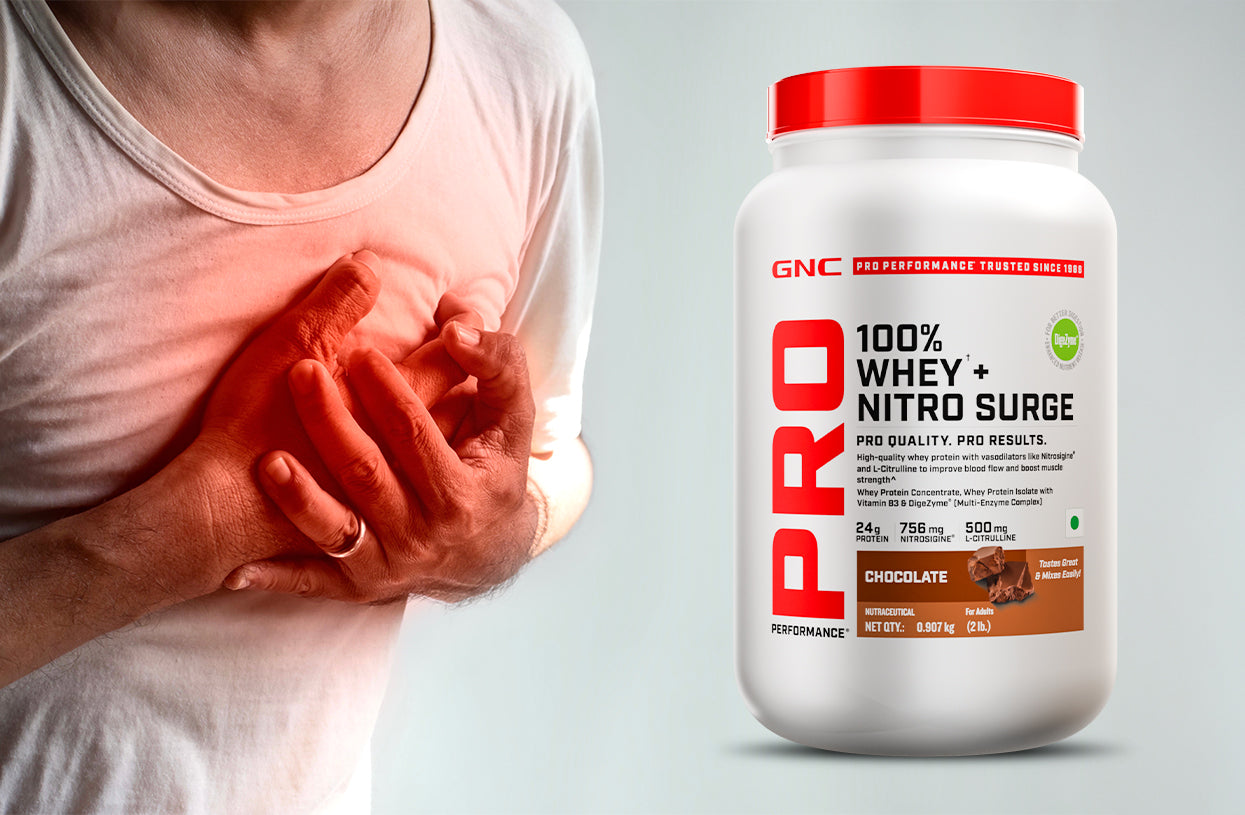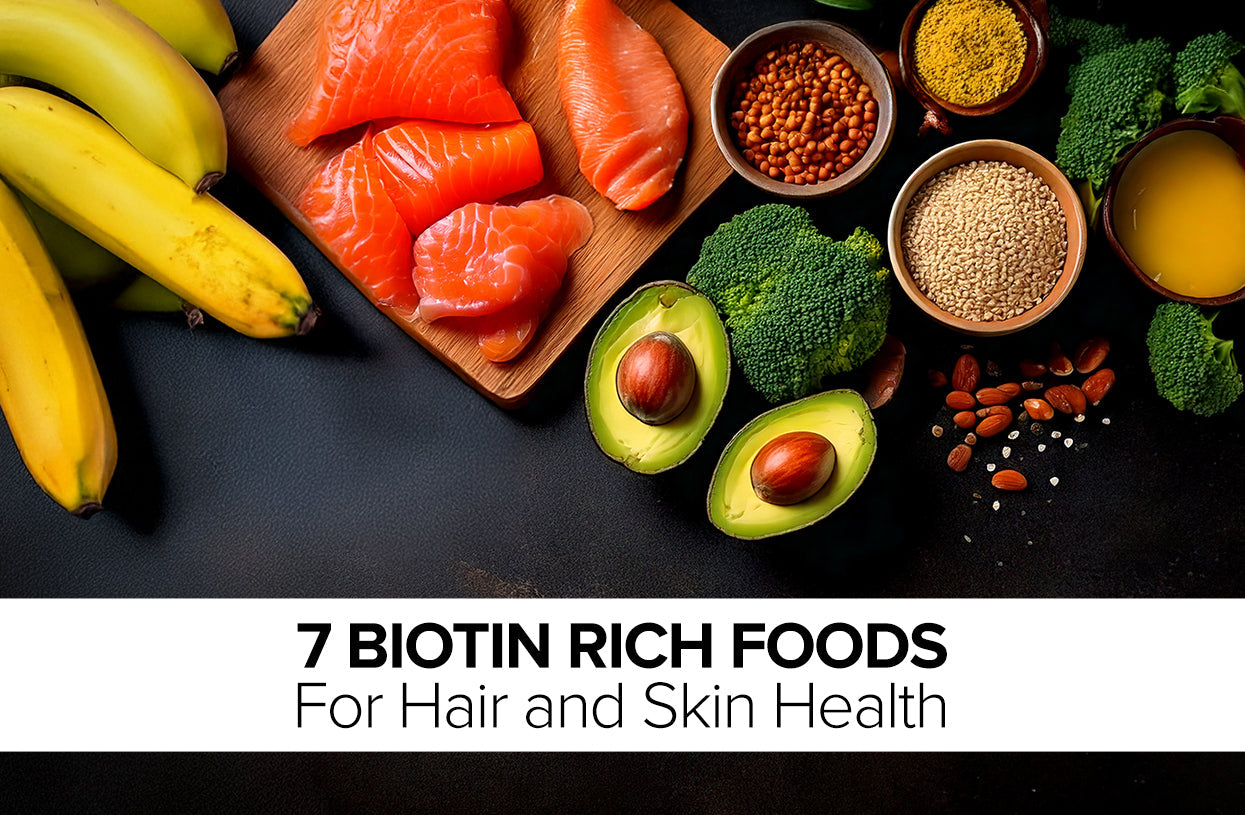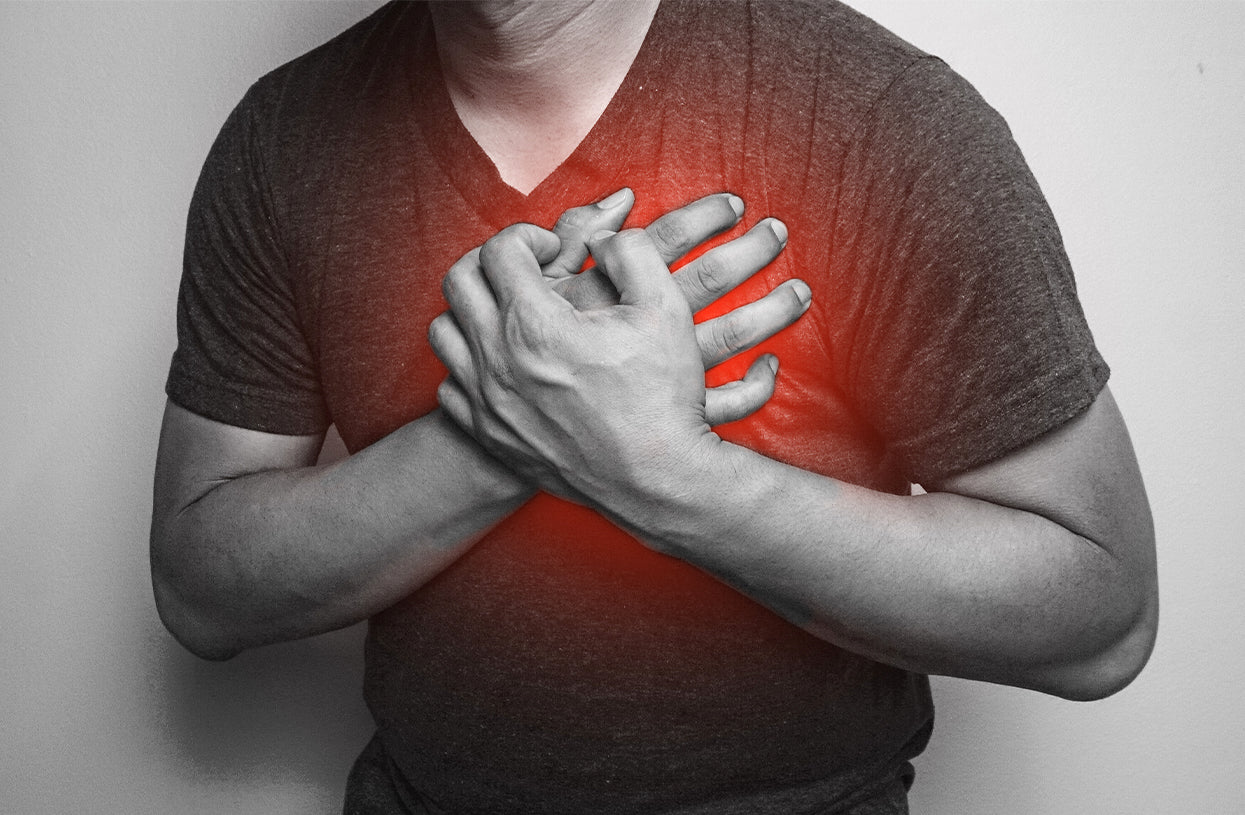A few years back, heart attacks were once considered an ‘old age’ problem, mainly affecting people between the ages of 60-80. However, after the hazardous impact of the coronavirus, medical experts have observed a big increase in cardiac attacks among young ones. This thing came out from a recent study, which indicated that adults under 40 are experiencing a substantial rise in heart attack cases, prompting healthcare experts to investigate this alarming trend.
When we asked Dr. Ravi Prakash, the senior cardiology consultant at PSRI Hospital in Delhi, for insights, he revealed a startling fact. Between 2020 and 2023, data from hospitals across India show that around 50% of heart attack patients are under 40, meaning that 1 out of 5 heart attack patients are less than 40.
Several medical experts have pointed out that the significant increase in heart attack cases over the last 5 years can be largely attributed to poor lifestyle choices. The younger generation's neglect of their health, coupled with stress, poor diet, smoking, alcohol consumption, and genetic factors, has led to this alarming surge in cardiovascular diseases.
In throwing light on this, Dr. Prakash said, "Heart attacks used to be a disease of the elderly, but in the last 4-5 years, cases among young adults have increased significantly.”
Another study, conducted over the last five years by Aakash Healthcare, Delhi, found that heart attack cases more than doubled after the COVID-19 pandemic, with emergency cases rising by 60%. To observe this, they analysed 762 cases over three distinct periods, around 22 months before, during, and after the pandemic.
But what exactly is causing this surge in heart-related issues at such a young age? This blog will not only delve into the main factors contributing to the rise in heart attacks among young people but also provide actionable steps to protect your health and prevent cardiovascular disease.
Main Factors behind this problem
1. Poor Lifestyle
One of the primary factors behind the sudden increase in cases among the youth is the poor lifestyle the youth have followed over the last 5 years. As per Dr Ravi Prakash, senior consultant in cardiology at PSRI Hospital, Delhi, Smoking is now common even among school-going children, especially girls. Apart from that, Poor diets filled with processed and refined foods give rise to obesity, excessive salt and sugar intake, high stress, and lack of sleep, which are all contributing factors to the immense increase in the number of cardiovascular diseases.
As per the latest report from the World Health Organisation (WHO), following an unhealthy diet, physical inactivity, tobacco use, and harmful use of alcohol are the main reasons for Cardiovascular disease.
Another report was conducted by the National Library of Medicine, where they documented 456 CHD cases for the last 20 years in multivariable-adjusted models. Non-smoking, healthy BMI, exercise, and healthy diet were independently and significantly associated with lower CHD risk. Compared to women with no healthy lifestyle factors, the hazard ratio (HR) for CHD for women with 6 lifestyle factors was 0.08 (95% CI: 0.03 to 0.22), which means approximately 73% (95% CI: 39%to 89%) of CHD cases were attributable to poor adherence to a healthy lifestyle. Similarly, 46% (95% CI: 43% to 49%) of clinical CVD risk factor cases were attributable to poor lifestyle.
However, by incorporating GNC Nitro Surge , India’s first doctor-recommended Cardio-Protect Whey, a person can lead a healthy lifestyle while improving heart health. With 24g protein, 756mg Nitrosigine, and 500mg L-citrulline, it improves blood flow, boosts muscle cells, and enhances cardiovascular function.
| Number of Healthy Lifestyle Factor | Hazard Ratio (HR) for CHD | 95% Confidence Interval |
|---|---|---|
| 0 | 1.00 | N/A |
| 0 | 0.08 | 0.03 to 0.22 |
Note: The hazard ratio compares the risk of CHD in individuals with six healthy lifestyle factors to those with none
2. Work-life imbalance
We have heard this phrase several times in the corporate world: How much work-life balance is necessary for mental and physical health to recharge one's soul and mind? A slight imbalance in one's professional and personal life can lead to disastrous health problems, one of which is cardiovascular disease. The heart attack rate among working professionals in the country is rising.
Long working hours, job insecurity, and a poor work-life balance are primary factors for such problems. When a survey was conducted on this, it came out that high job strain and prolonged exposure to stress can lead to severe health complications, including hypertension, diabetes, and heart disease.
Throwing light on this, Dr Jitendra Nath Patnaik, senior consultant in cardiothoracic vascular surgery at Manipal Hospitals, Bhubaneswar, said that the modern workplace is creating conditions that make employees more vulnerable to stress-induced health problems.
“With professional demands spilling into personal time, employees are experiencing burnout, elevated stress levels, and deteriorating physical health. The constant fear of layoffs and unstable employment conditions lead to chronic stress, while employees working more than 12 hours a day face a significantly higher risk of cardiovascular diseases. The relentless work culture leaves little time for rest and recuperation,” Dr Patnaik said.
3. COVID-19
COVID-19 has completely changed people's perspectives on why a healthy lifestyle matters the most. It has impacted people globally, making them realize that they should prioritize their health over fighting such problems in the future, where immunity matters the most. However, the past still haunts the future. A new survey report by the National Institutes of Health found that people who were infected with COVID-19, especially those with severe cases, faced a significantly higher risk of heart problems.
Essential Lifestyle Changes to Follow
In order to reduce the risk of cardiovascular disease, you can follow the steps below by making specific changes in your life.
Maintain a Balanced Diet: A properly balanced diet is crucial for every individual, especially the young ones involved in several activities. Embracing dietary patterns like the DASH diet, which emphasizes fruits, vegetables, whole grains, and lean proteins while limiting saturated fats and cholesterol.
Additionally, incorporating high-quality supplements like Nitro Surge can further boost heart health. Enriched with vasodilators like Nitrosigine and L-Citrulline, GNC Nitro-Surge whey protein enhances blood flow and supports cardiovascular function. Its Cardio Protect Formula also contains DigeZyme for easy digestion, making it an excellent choice for maintaining heart health while meeting protein needs.
Regular Physical Activity: It has been said that the person involved in physical activity is more mentally and physically fit than those who aren't physically active. Physical activity is not just for the body. It also opens your mind, uplifts your mood, and improves concentration. To get rid of any health-related issues in the future, people should aim for at least 150 minutes of moderate-intensity exercise per week, such as brisk walking, to strengthen the heart and improve circulation.
Manage Stress: Stress is one of the most common problems people face today. Still, it has been ignored for a long time, leading to anxiety and depression in the future. A survey in 2023 of adults from 31 countries ranked stress as the third most common health problem, behind cancer and mental health.
Incorporate stress-reducing techniques such as mindfulness, meditation, or yoga to maintain mental well-being and reduce cardiovascular strain.
Warning Signs to Watch Out For
Recognizing early symptoms of heart issues is crucial for timely intervention. Common warning signs include:
- Chest Discomfort: Pressure, squeezing, fullness, or pain in the center of the chest that lasts more than a few minutes.
- Upper Body Pain: Pain or discomfort in one or both arms, the back, neck, jaw, or stomach.
- Shortness of Breath: With or without chest discomfort.
- Other Signs: Breaking out in a cold sweat, nausea, or lightheadedness.
Conclusion
By reading the above, we can see that cardiovascular problems in youth are one of the significant issues rising in recent times, and an urgent need for preventive measures needs to be followed. Genetic predispositions and lifestyle factors are essential in determining the risk of heart attack. Diet, physical activity, stress, and avoiding toxic substances like tobacco and alcohol are amendable factors for prevention.
GNC Nitro Surge, India’s 1st Cardio-Protect Whey, can be a game-changer in promoting cardiovascular health, improving blood circulation, and ensuring overall well-being. By adopting a healthier lifestyle and prioritizing heart health, young individuals can significantly lower their risk of cardiovascular disease and enjoy a longer, healthier life.
Popular Search Terms
Protein Powders For Beginners | Do Protein Shakes Make You Fat? | Top 8 Benefits Of Consuming Fish Oil Supplements | Is Apple Cider Vinegar Good For Weight Loss? | Essential Haircare Products For Women | Benefits Of Multivitamins For Our Body | Best Biotin Gummies For Hair Growth | Top 5 Foods That Contain Creatine | How Fat Burners Help You Lose Weight? | Fish Oil Benefits For Men You Should Know | Weight Gain Exercises | How To Choose A Protein Powder? | 7 Hidden Benefits of Glutathione | Fitness Fraud in Noida | Creatine: Everything You Need to Know | 7 Biotin-Rich Foods For Hair and Skin Health



